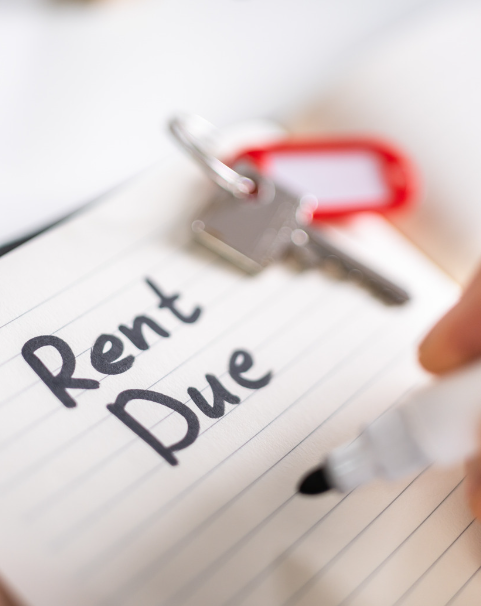By Francisco Nieves-Taranto - Monday, March 24, 2025
Property Management Blog
By Francisco Nieves-Taranto - Wednesday, February 12, 2025
Clermont: A growing Community with Endless possibilities
By System - Friday, January 24, 2025
Avoid Costly Mistakes: Essential Maintenance for Single-Family Rentals
By Savanna Westwood - Friday, January 17, 2025
How to Help Your Dog Settle in Your New Home
By System - Monday, June 24, 2024
The Cost of Property Management Services: What to Expect and Why It's Worth It
By System - Tuesday, June 11, 2024
The Myth of "I Have a Few Days to Pay the Rent"
By System - Tuesday, May 7, 2024
Tenant Retention Strategies: Keeping Tenants Happy and Renewing Leases
By System - Thursday, April 11, 2024
Mastering the Art of Move-In and Move-Out Processes
By System - Monday, February 5, 2024
Landlords Need to Stay Away From Lawsuits
By System - Wednesday, November 8, 2023
Understanding Fair Housing Laws for Single-Family Rentals
Showing 1- 10 of 41
Areas Served
- Orlando
- Windermere
- Winter Park
- Maitland
- Lake Nona
- Dr. Phillips
- Winter Garden
- Ocoee
- Clermont
- Celebration
- Davenport
- Kissimmee
- Apopka
- Oviedo
- Casselberry
- Altamonte Springs
- Longwood
- Lake Mary













